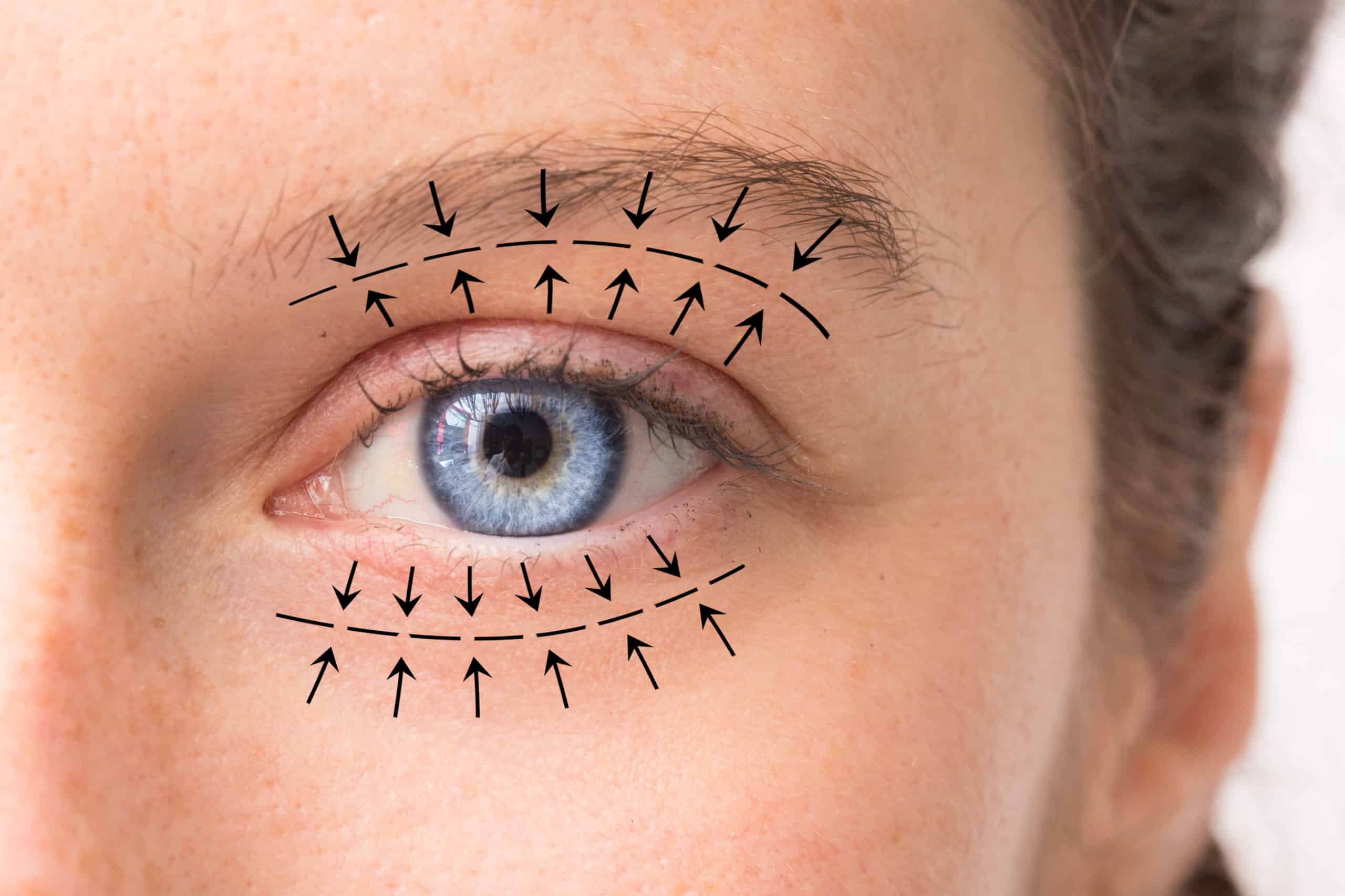
An oculoplastic procedure is done around the years, either to fix medical concern or for cosmetic reasons. The surgery is usually done by an ophthalmologist with specialized training and expertise in plastic or reconstructive surgery. Oculofacial plastic surgery addresses aesthetic concerns affecting eyelids, eye sockets, eyebrows, and cheeks. Consider seeing the best Peoria oculofacial plastic surgeon for a consultation, and for your help, we have enlisted some essential details below.
What concerns can oculoplastic procedures fix?
When it comes to cosmetic reasons, oculoplastic surgery can be used to fix concerns like –
- Eyelid sagging and puffiness
- Eyelid or facial spasms
- Eyelid and facial reconstruction
- Drooping eyelids (ptosis)
- Eyelid turning in/out (entropion/ectropion)
- Graves’ disease
- Excess upper lid skin (dermatochalasis)
Before the procedure
Your doctor or surgeon will share instructions that you must follow before the surgery. Firstly, stop medications that thin your blood. You should also undergo all the required diagnostic tests to ensure that you are fit for the surgery. Stop smoking and tobacco use for at least three to four weeks before and after surgery.
On the day of the procedure
You should be able to go home after oculofacial plastic surgery on the same day. Depending on the surgery, you may need local or general anesthesia, and the surgeon will place special contact lenses on the eyes, which will help protect against bright lights.
After the surgery
Some pain, bruising, pain, or swelling is common after surgery. You can place ice packs to heal and soothe the area. Avoid any exercise that can put extreme pressure on your body or raise your blood pressure, and you should avoid medications suggested by your doctor. Don’t drink alcohol for at least a week after surgery, and you must use extra pillows to prop your head. The follow-up visit will usually be scheduled after a week of the procedure.
When to call your doctor?
If you have pain after oculofacial plastic surgery that doesn’t go away with painkillers, call your doctor. If you see an increase in redness or swelling, it could be a sign of infection. The incision is expected to heal, but if that doesn’t happen, check with the surgeon.
Talk to an expert plastic surgeon today to learn about aesthetic and reconstructive oculofacial plastic surgeries. Ensure you have a fair idea of the risks and side effects before you agree and ask about the costs in advance.